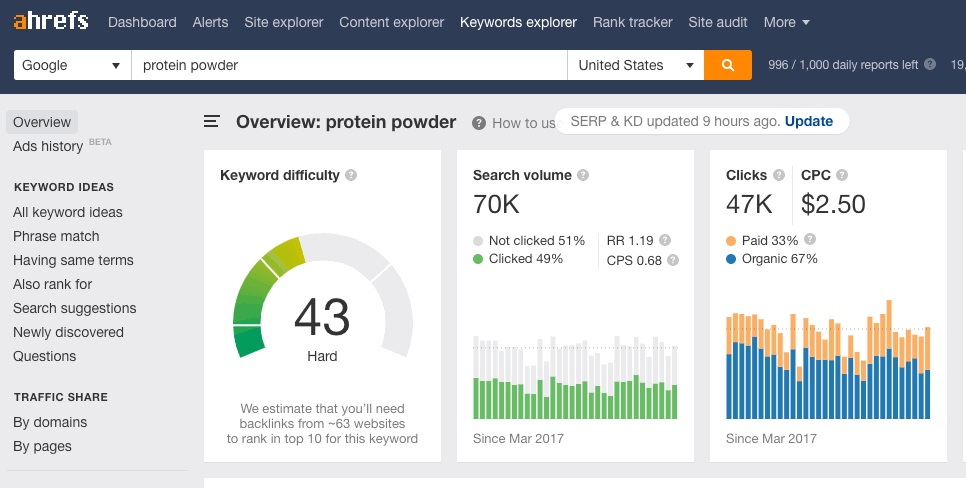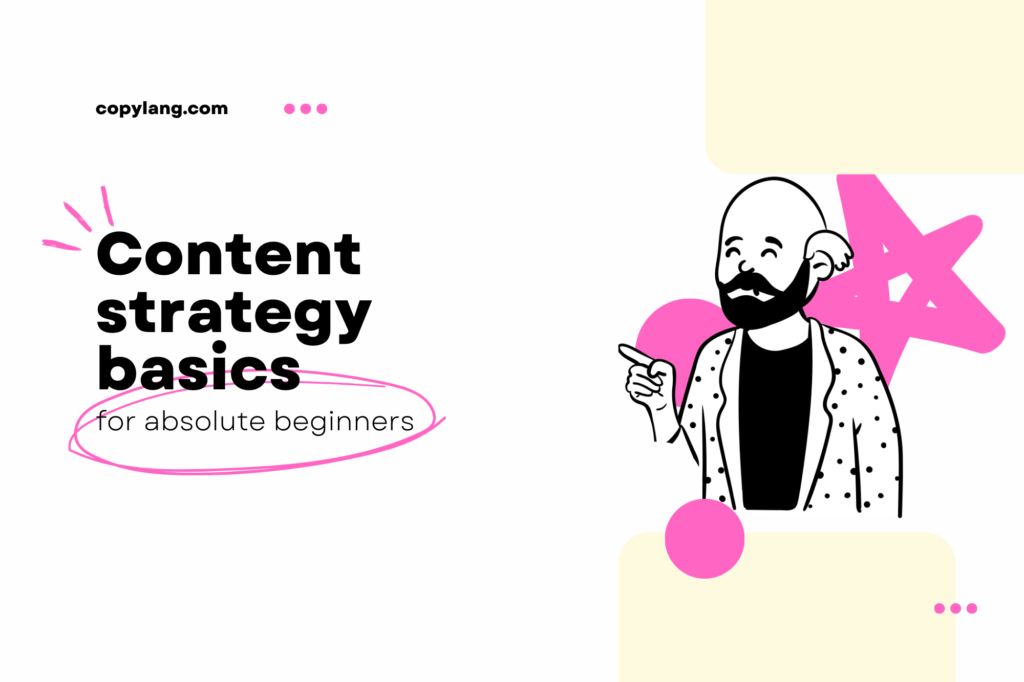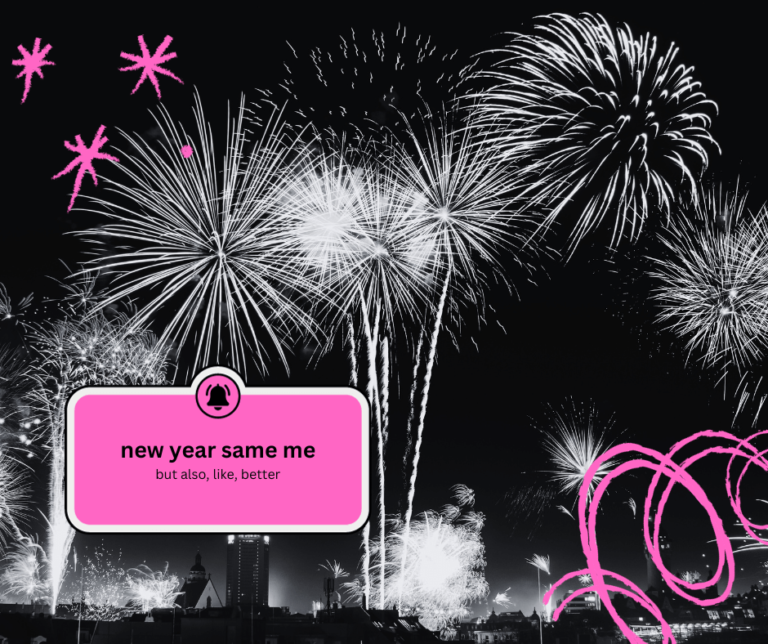Wanna hear something funny?
I’m a nurse.
Yes, an actual, honest-to-goodness registered nurse.
Thanks to my emo playlists, propensity for writing bad fan fiction, and extensive 90s-themed stationery collection, people often mistake me for someone who went to an art school.
Which is great, but the opposite is true: I graduated from A Very Science-y Medical University instead.
I had a shiny new license.
I swore before God and Florence Nightingale to devote myself to the welfare of those committed to my care.
And then life made me give up on that career path and I became a writer instead.
She’s a plot twist, I know.
Now, if you asked any of my well-meaning Filipino aunties, they’d probably tell you that I’m a disgrace to the family for wasting my (very expensive) education just to “write stuff” on the internet.
But here’s the thing: I don’t think those years were wasted at all. If anything, I think being a nurse taught me how to be a writer— and an actually decent one at that.
I know it might sound like a stretch, but allow me to share all the strange ways nursing has helped me grow as a writer over the years:
Nursing Taught Me Empathy
The second-most-important thing you learn in nursing school is empathy.
As a nurse, you’ll need this trait to fulfill one of your biggest roles: being the patient’s advocate. Coincidentally, you also need this as a copywriter to cook up words that would make your audience feel like they’re seen.
Empathy is this little thing that helps your words resonate.
I always tell anyone who will listen that effective copy comes from knowing your audience beyond demographics and the “buyer persona”. Sure, stuff like age, gender, location, marital status, and educational level—- those are all fine and dandy, but it’s too superficial.
Remember, you’re talking to people, not cardboard cutouts or numbers on a spreadsheet. If you want to write good copy, you have to dig deeper than that and know what your audience actually needs. You need to know their pain points, values, fears, and goals, too.
In other words: you have to put yourself in their shoes. You need to have empathy.
You gotta communicate to be understood
Around my second year of nursing school, they had us do sex ed classes in the local community.
I learned two things from this encounter:
- one: holding a silicone model of the male genitalia in broad daylight is extremely awkward
- two: you have to communicate to be understood
The people that we talked to were mostly from low-income households and weren’t well-versed with medical terminology. Most people aren’t, actually, so as nurses-in-training we were taught to always communicate to be understood.
Part of the job was to understand all these complicated terms, and then to relay it to regular folks as simply as we can.
I didn’t know it then, but nursing helped me develop a crucial copywriting skill — to be clear, concise, and communicate to be understood. To take complicated information and explain it simply without losing meaning.
You don’t use big words to impress your readers with how smart you are.
You don’t want to sacrifice clarity just to be cute and clever.
This is what I learned from holding a plastic weiner in front of a riveted audience: write to be understood.
Look at the numbers to know where to improve

I generally dislike numbers (unless they come after a dollar sign 😉), but since I began writing for the internet, numbers have become my best friends.
Data is crucial, especially when you’re writing copy.
Bounce rates, conversion rates, the average time a person spends on an article — learning how to gather and interpret all of this is essential if you want to be a better writer.
Of course, numbers aren’t the heart of your craft, but it’s a huge part of it.
It helps you create strategies to improve your work.
It helps you make better creative decisions.
And most importantly, it helps you detach your self esteem from your work because it’s not that you’re a terrible writer and no one wants to read your work and you should just give up writing altogether and become a hermit — maybe it’s just because you just sent that email at the wrong time, you know?
Numbers tell stories, babes. They help you make informed decisions and create strategies that can improve your work. I learned this first in nursing when I spent a semester learning how to tell if a patient had an infection from their pee results alone.
Document your processes
Nurses have their own version of “pics or it didn’t happen” — it’s called “if you didn’t chart it, you didn’t do it”.
It means writing everything you did on the patient’s chart so everyone knows what type of care you gave to the patient. This practice is used for endorsement purposes, but it’s also a nifty trick if you want to protect yourself against lawsuits.
I’ve carried this practice with me beyond the nurse’s station. And I don’t know if this made me more neurotic than I should be, but because of these spartan note-taking lessons from nursing school, I learned how to document my processes. And from there, I learned how to develop systems that I can replicate to make writing so much easier.
Documenting — and creating— your processes also makes delegation, training, and onboarding smoother.
My short stint as a nurse helped me become a better writer
I guess the moral of this story is that learning happens everywhere. I may not have a formal education in writing, but I think nursing and my personal experiences have taught me more about writing than school ever would. These skills have helped me land jobs that I absolutely loved, and have helped me work with some of the best people in the industry.
Thanks to nursing, I learned how to understand my audience and communicate not to impress, but to be understood. My short stint as a nurse taught me how to think critically, to be organized, and to be perpetually curious.
And, cute bonus: it really makes writing for the health niche super easy.
Nursing taught me how to write in a lot of ways. How about you? Do you come from an unconventional writing background, too? How did that help you in your writing journey?







